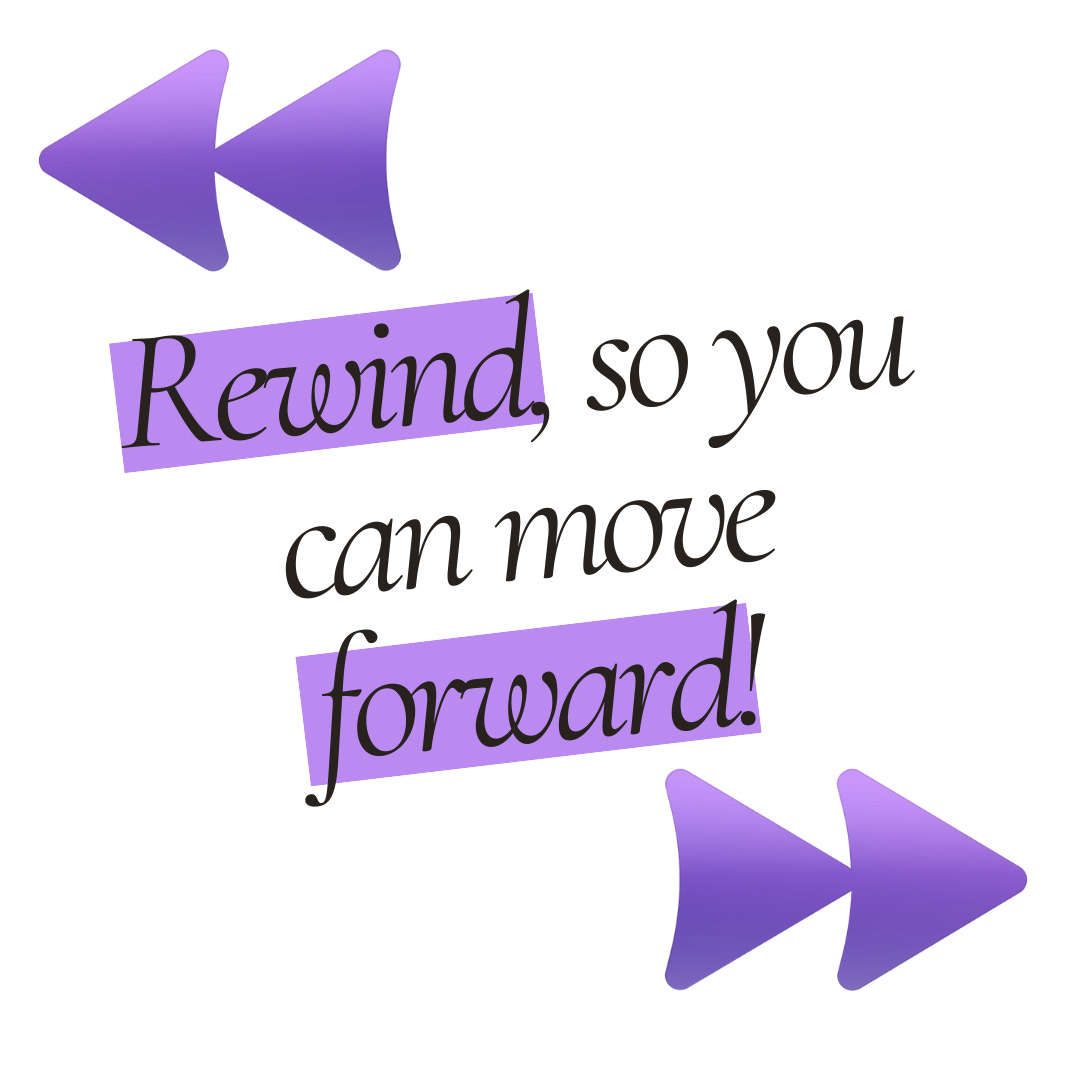Some time ago, I came across an interesting AI product called Rewind (now under the company name, Limitless), and it instantly won me over, coming from a 24/7 critic, that says a lot!
Just to let you all get it straight, so… if you forget to bookmark something, or you didn’t write it down, or you didn’t do… whatever. And now it’s gone, some link, some conversation, some flash of brilliance you swear you had. Well, that’s the daily memory tax of working in an age where information never stops moving.
Rewind.ai helps to skip that tax. I mean, truly… It runs on your device, records everything, and uses LLMs to enhance its functionality and make everything searchable, like magic.
This idea of creating Rewind started with Dan, Rewind’s founder, who began losing his hearing in his 20s. When he got his first hearing aid, he described it as magical. That feeling of magic, of recovering something you thought was lost, is exactly what Rewind is trying to give its users, too. It should serve as a personal AI tool that feels like time travel. Executives, engineers, individuals with ADHD, content creators, those who have given up on note-taking entirely, or anyone who wants to remember more and forget less, Rewind is for them. It’s for anyone who wants a second brain to show up for them when it counts.
The Problem Rewind Solves
Let’s face it, most of us don’t have a perfect memory. As our lives become increasingly digital every day, keeping track of everything we see, hear, and read only becomes harder. Tools like notes, bookmarks, and reminders help, but they still depend on us remembering to use them. That’s where Rewind steps in. It doesn’t just help you avoid forgetting; it does the remembering for you.
Once installed and granted permissions, Rewind quietly records your screen and microphone in the background, compressing everything with a clever algorithm so it uses minimal space. It tags everything with metadata so you can search your digital life like you would your inbox.
With Search Rewind, you can find anything, like keywords, quotes, app names, even if all you have is a fuzzy memory. And, with Ask Rewind, you type questions to ask about some of your past activity (what you’ve seen, said, or heard), and it retrieves the information (by narrating) like a personal assistant. For anyone juggling browser tabs, Zoom calls, design docs, bug fixes, or anything else, Rewind isn’t just useful; it’s liberating.
Some Cool Technical Parts
This product isn’t just a clever tool. It’s a thoughtfully engineered system with privacy, speed, and trust baked in from the start. Think of it as a DVR for your digital life, built with a user-first mindset.
Rewind is built as a local-first architecture, meaning your data stays on your device, not in the cloud. Every screen recording and audio clip is processed and stored locally, ensuring your privacy is never compromised. That also means near-zero latency, the ability for a user to exclude specific apps from recording, and having full control to pause or delete captured moments instantly. Woohoo! It’s fast, private, and built to respect your boundaries.
Rewind compresses screen and audio recordings up to 3,750x, allowing you to store years of recordings even on the smallest Apple hard drives, while minimising disk space usage.
For speech-to-text transcription, Rewind utilises OpenAI’s Whisper model, enabling the accurate and real-time conversion of your audio recordings into searchable text. This process is performed locally to maintain the privacy of your conversations.
The Ask Rewind feature uses an open-source LLM called GPT-4o by OpenAI, but stays true to its local-first promise. Your screen and audio recordings never leave your device. When you ask a question, only the text of the most relevant moments is sent to OpenAI. GPT-4o processes that and returns an answer. Rewind then links that answer back to your local recordings so you can trace the source. Niceee…
Rewind can summarise any meeting or recorded audio longer than 5 minutes using an undisclosed third-party LLM. It turns messy transcripts into clear, concise summaries by highlighting key decisions, action items, and main topics, saving users time and making follow-ups easier.
So what’s the Big Picture?
In a world of AI tools that wait for prompts, Rewind genuinely pays attention behind the scenes. It quietly captures your digital life; screen, audio, everything, then compresses it locally and lets you search it later. It truly feels like having a very good and patient assistant who never misses a single detail.
What sets Rewind apart isn’t just that it works, but how it works. This isn’t just generative AI, but also an intelligent, personal LLM-enhanced information retrieval system, centered on your life.
In a world of so much digital noise, having a tool that remembers what matters, privately, and on your terms, is incredibly valuable. And the best part? Everything runs locally on your device, so your privacy stays fully under your control.
Now, I don’t see Rewind as a daily tool for myself, but even using it occasionally can be incredibly helpful, as it has the potential to save you a lot when it counts.
Is this something you could see yourself using every day?!


